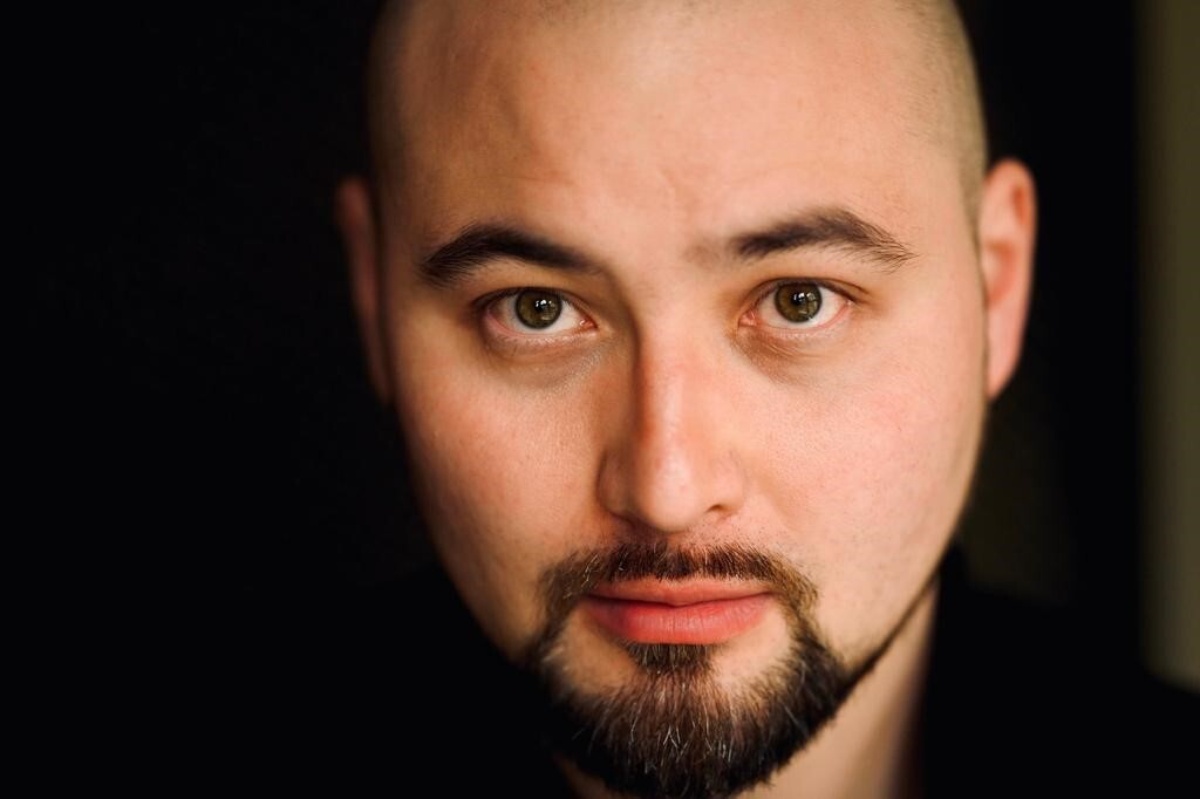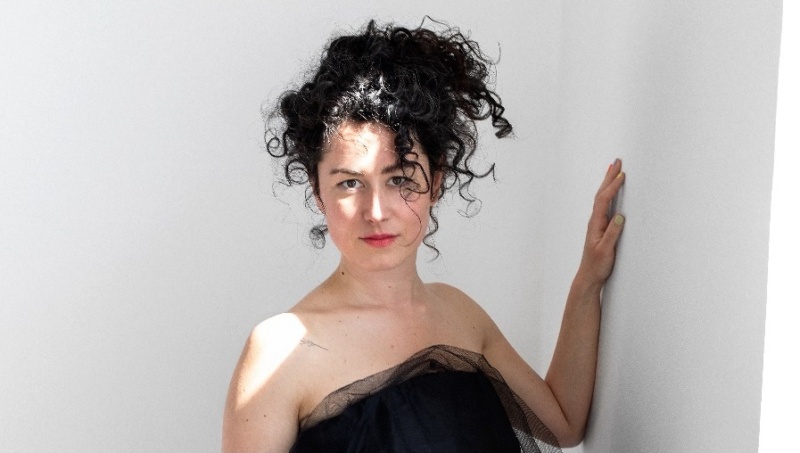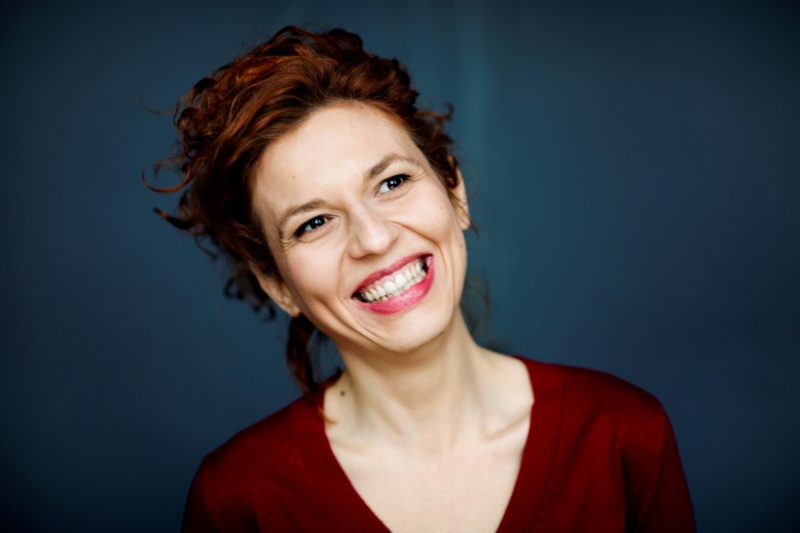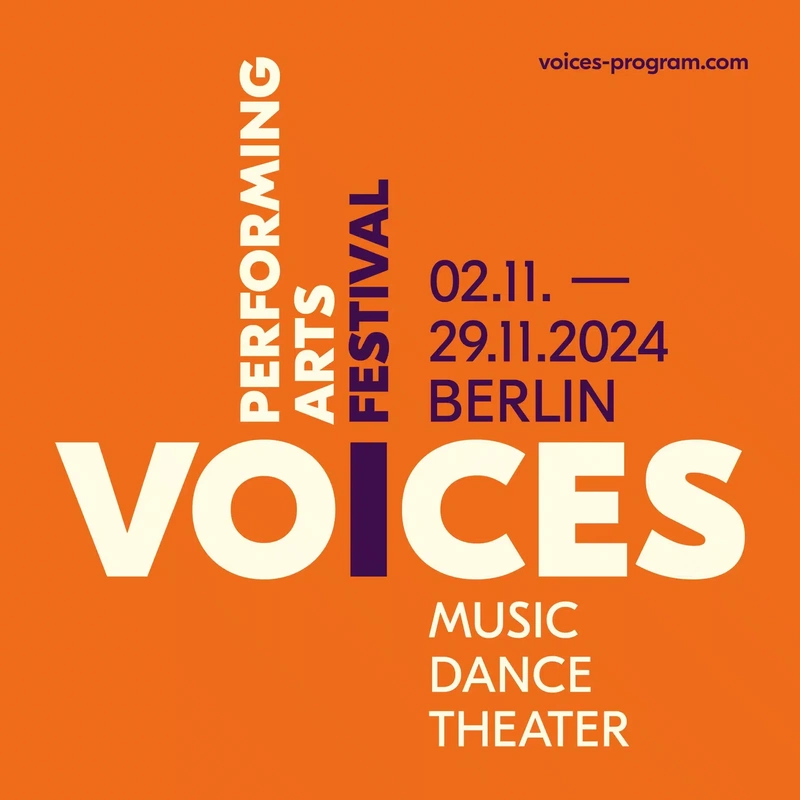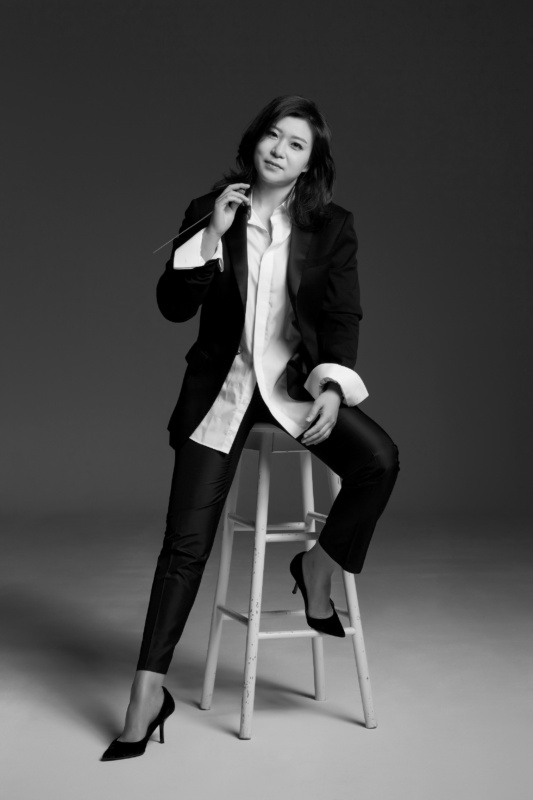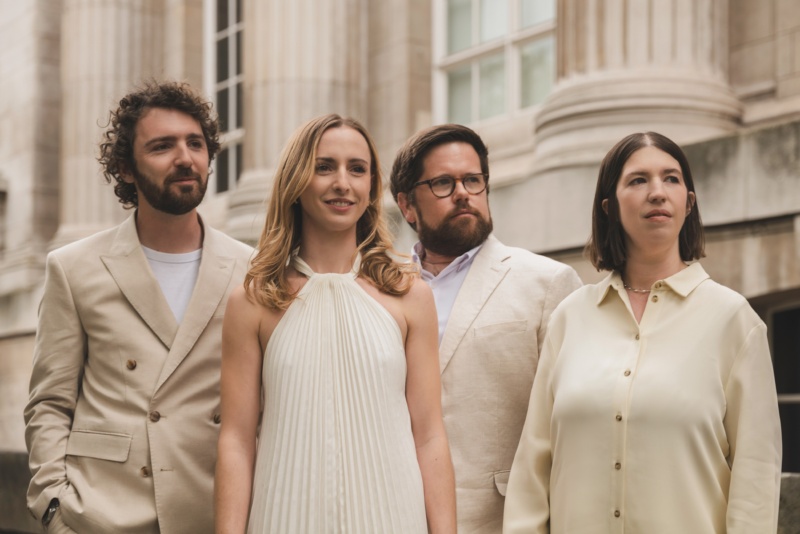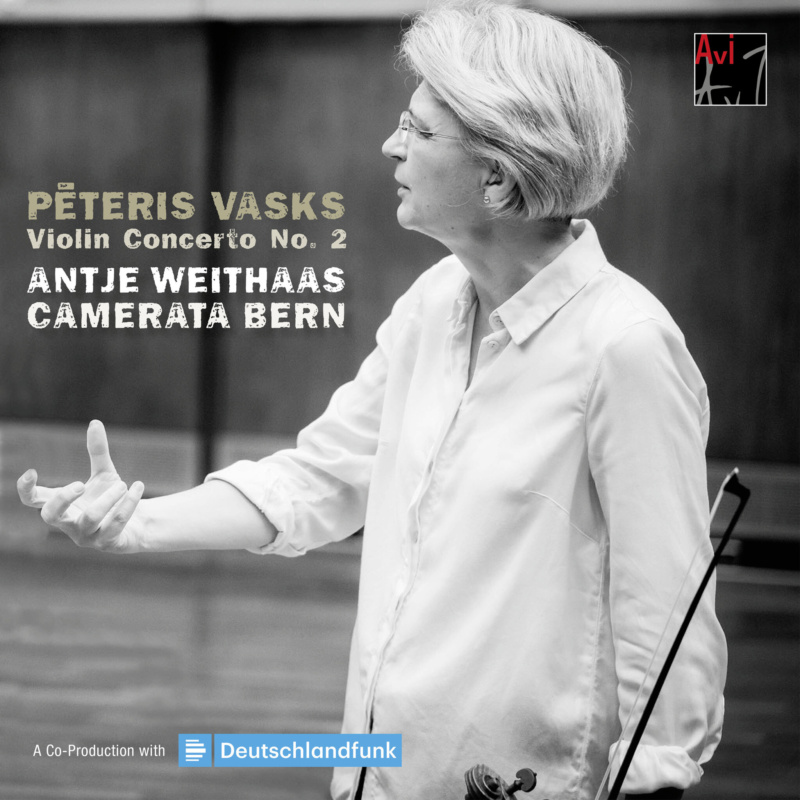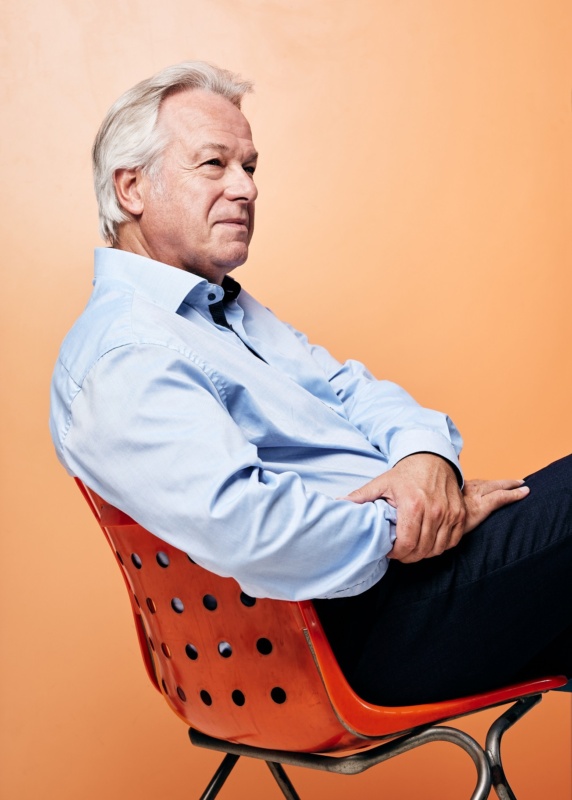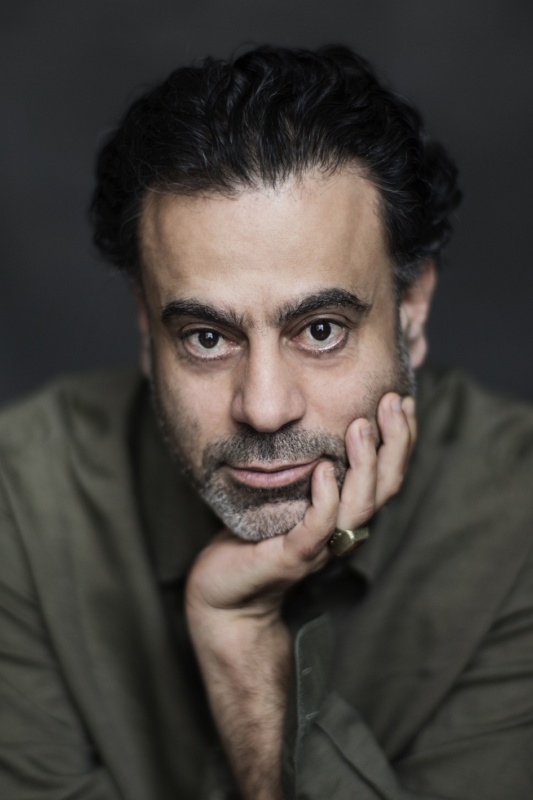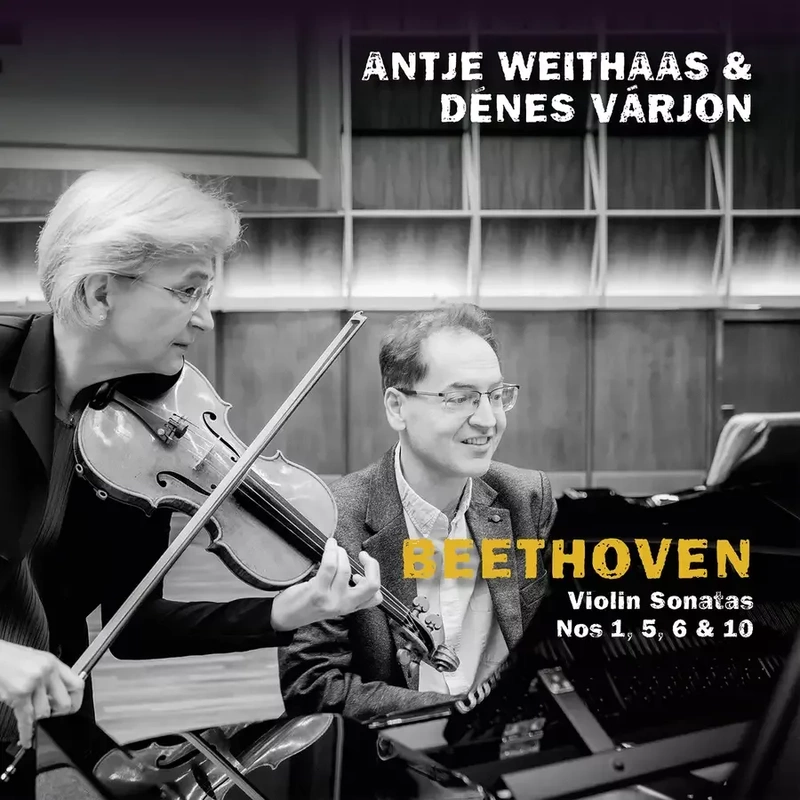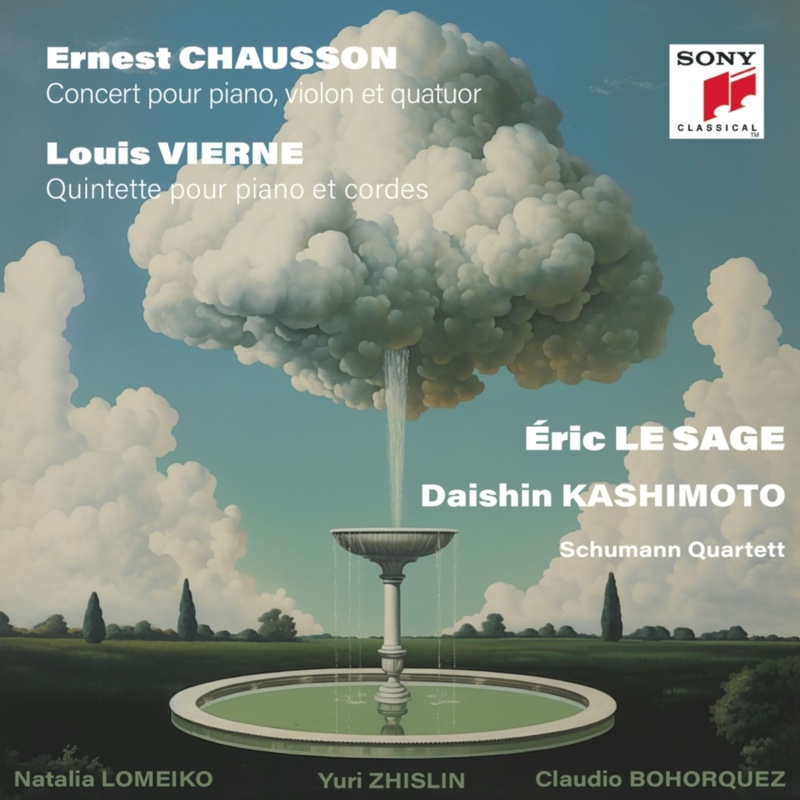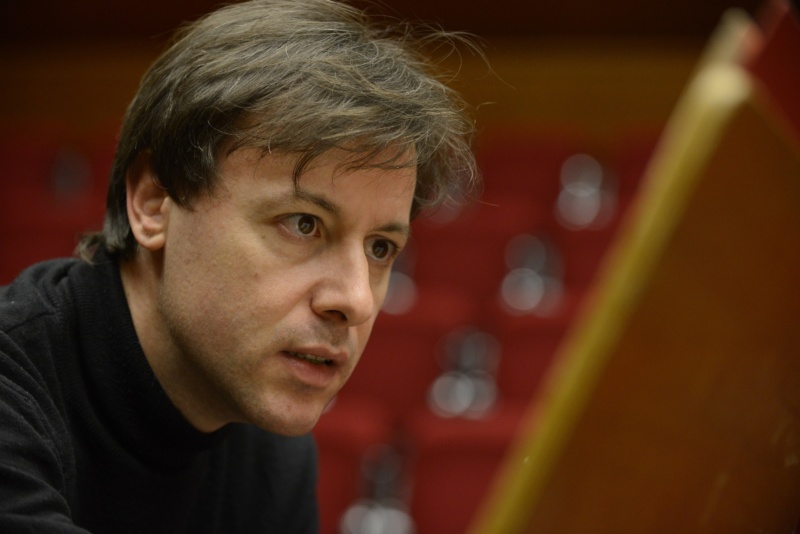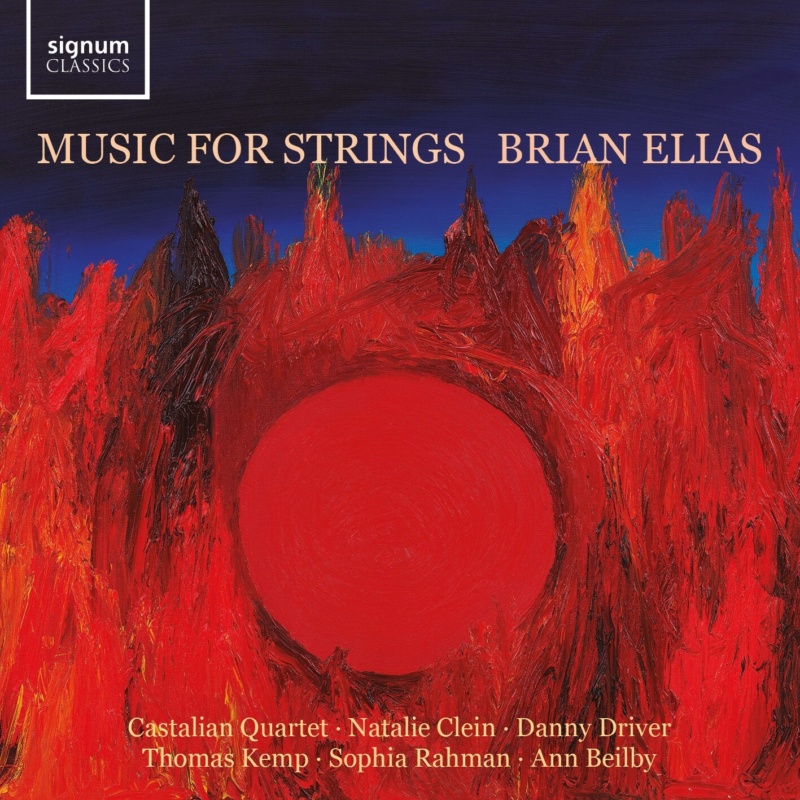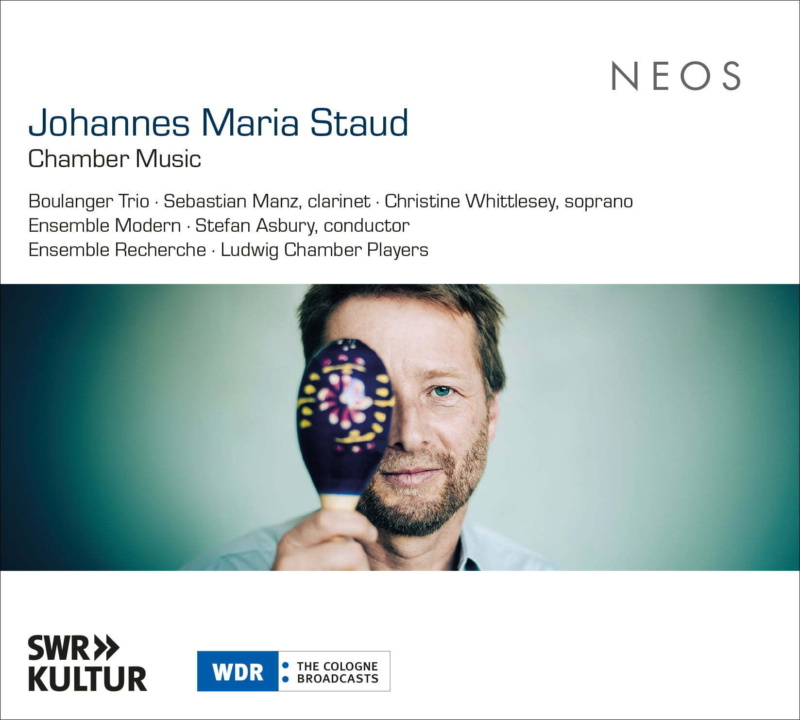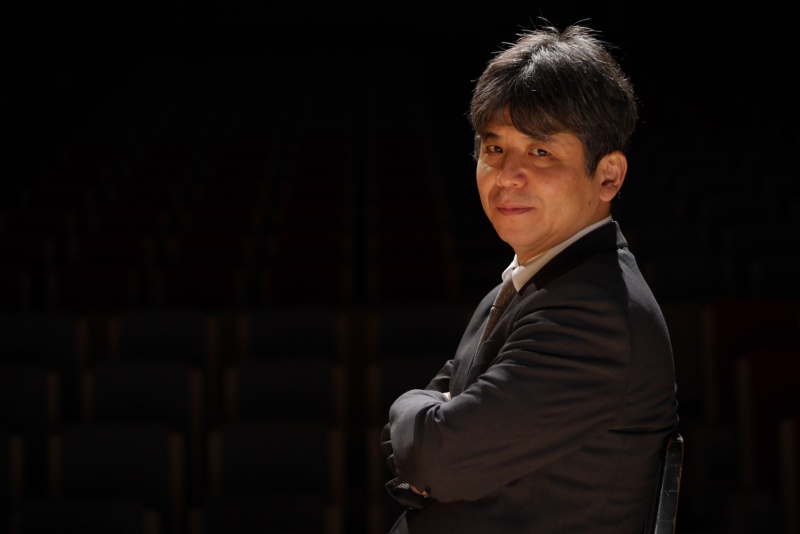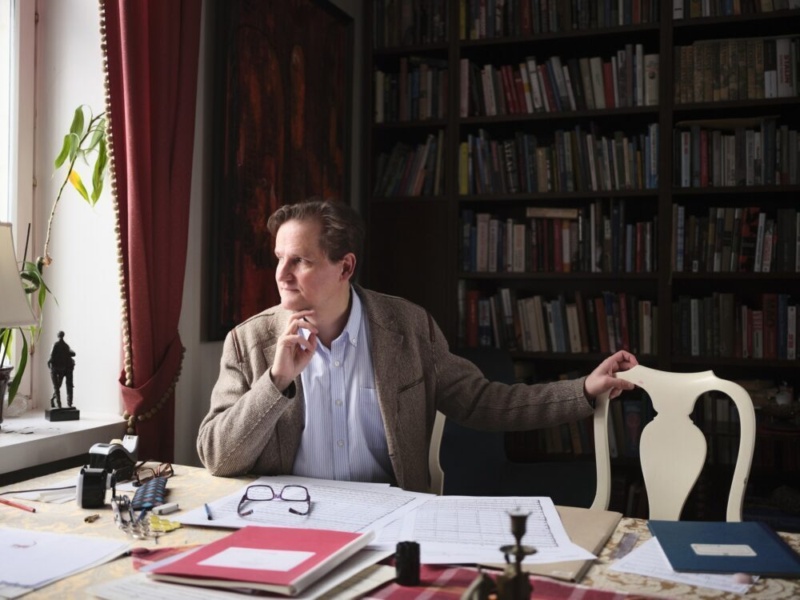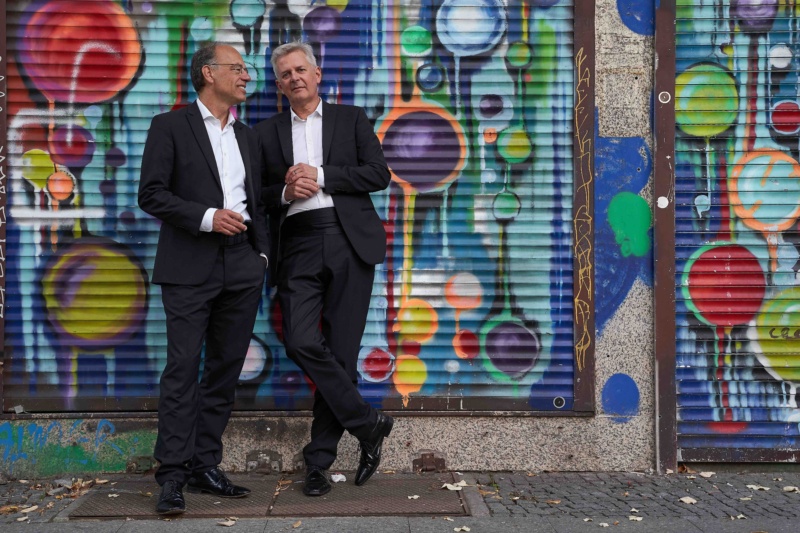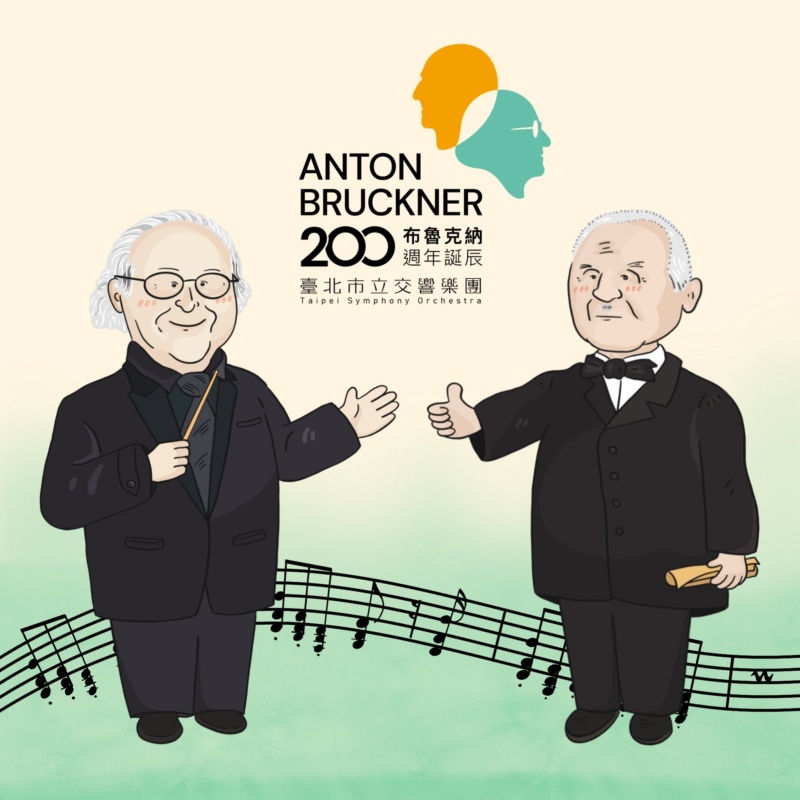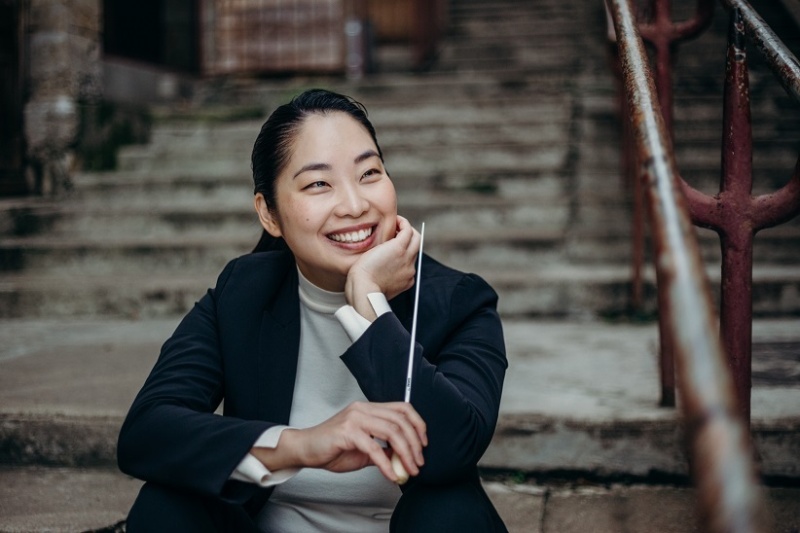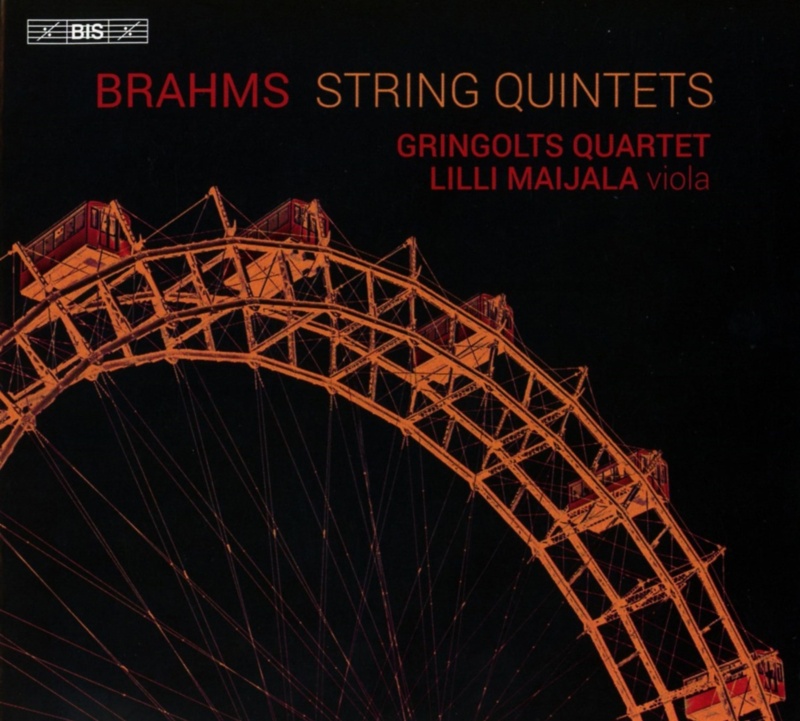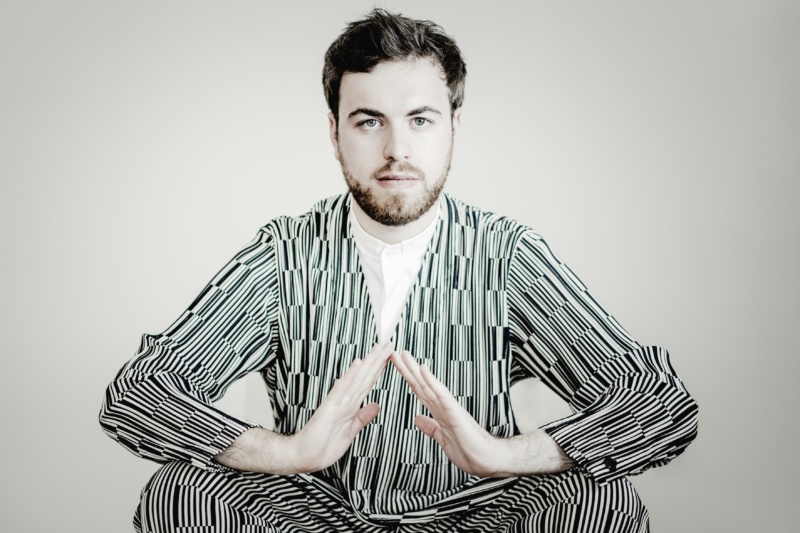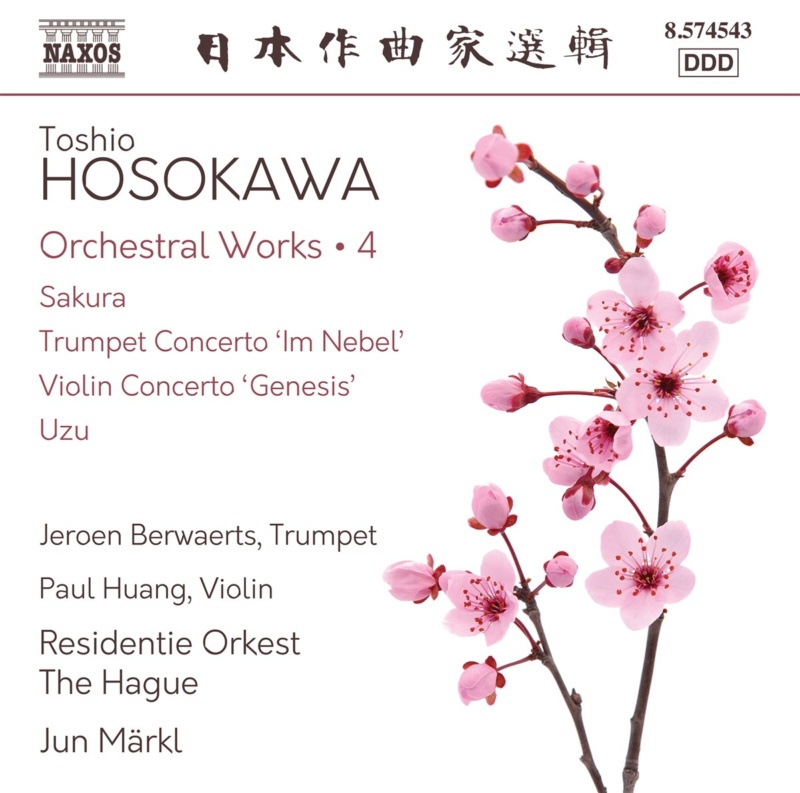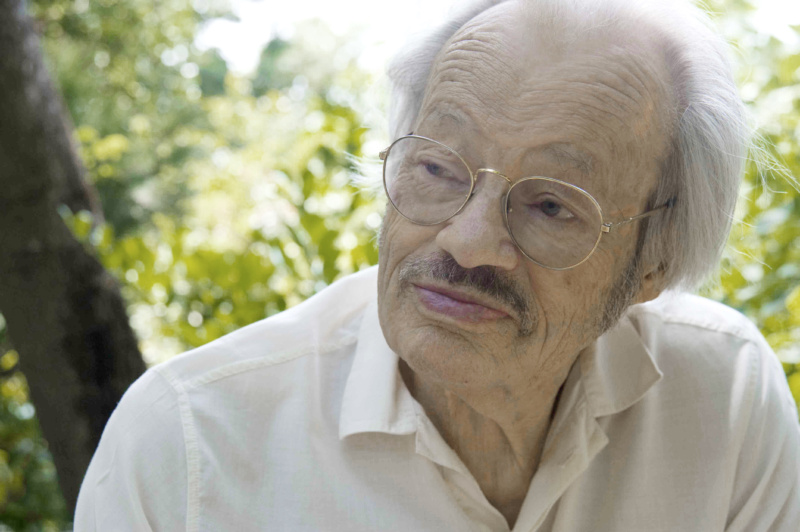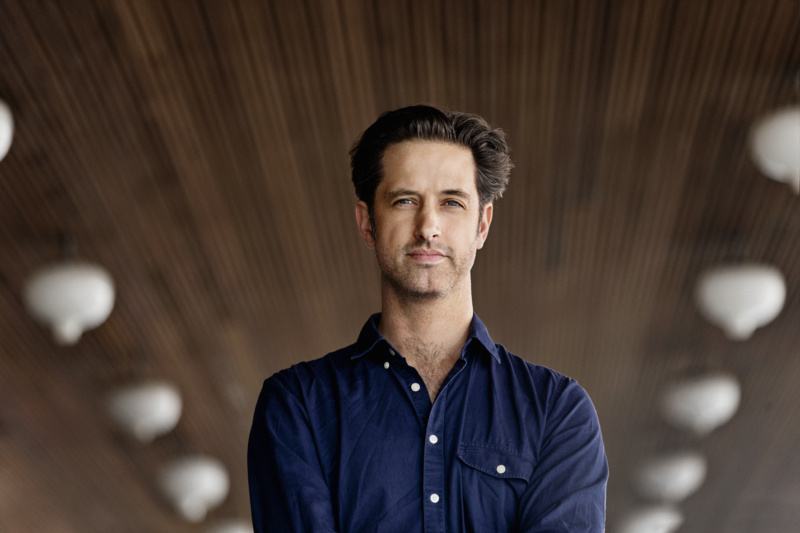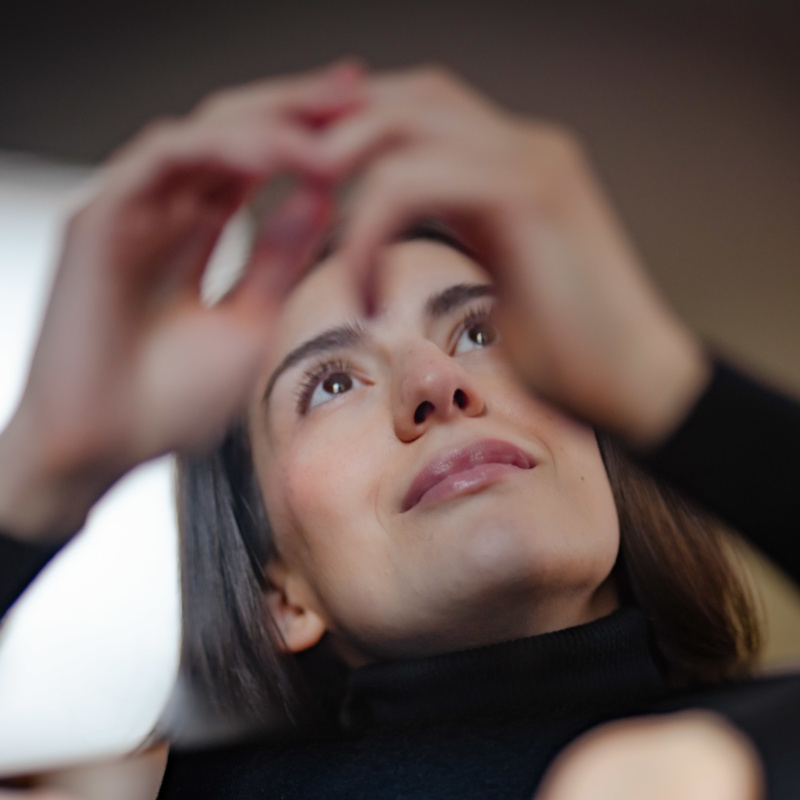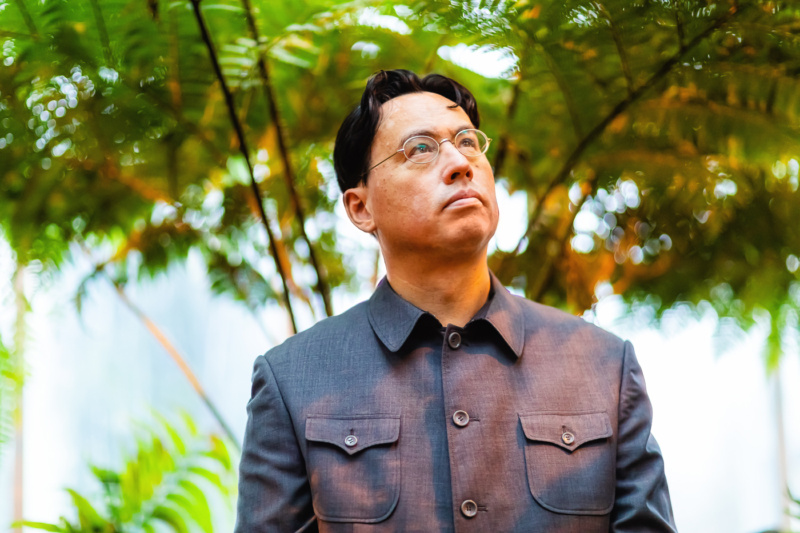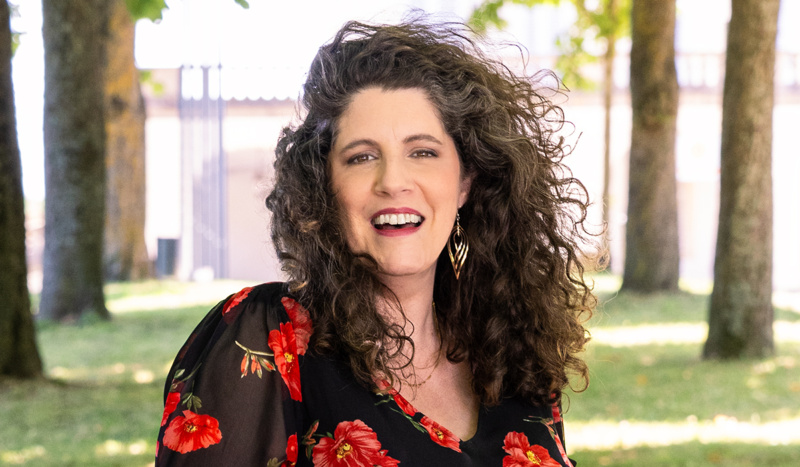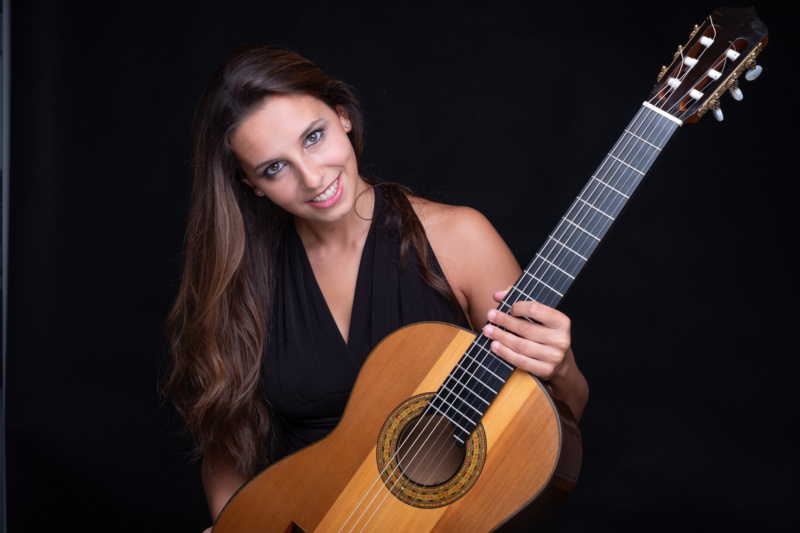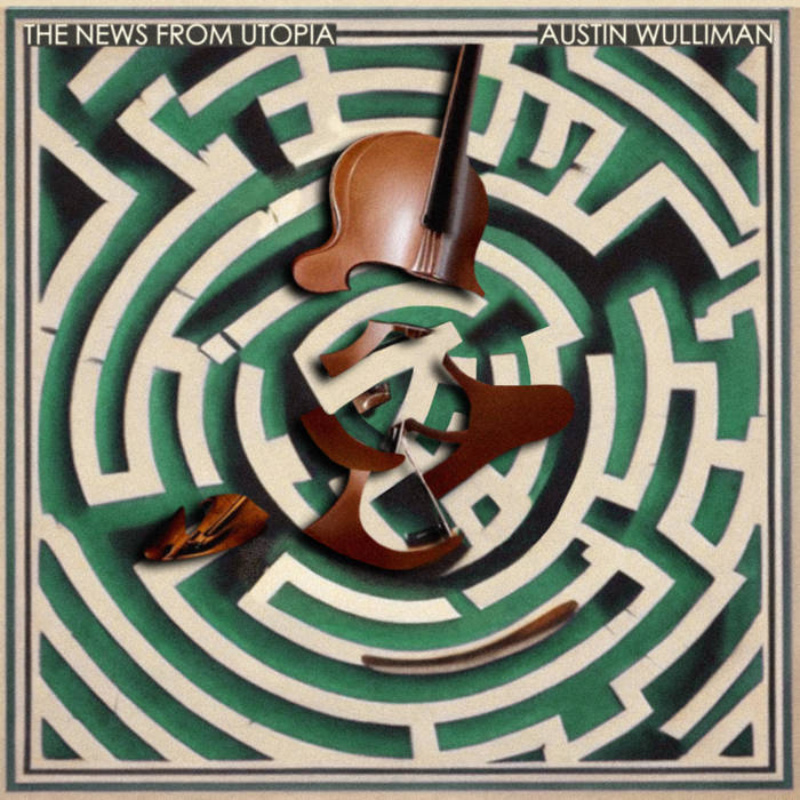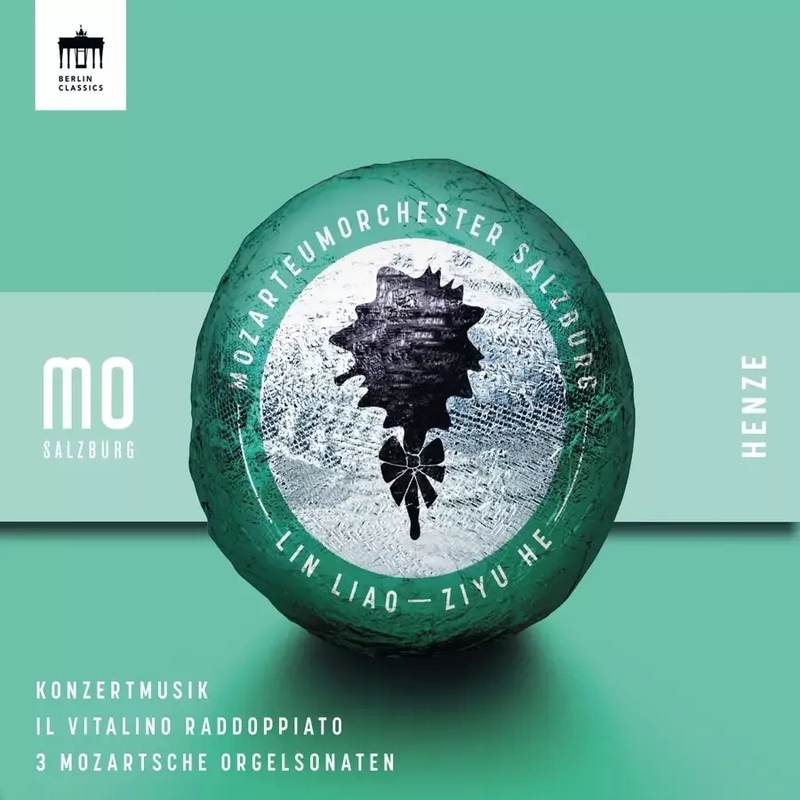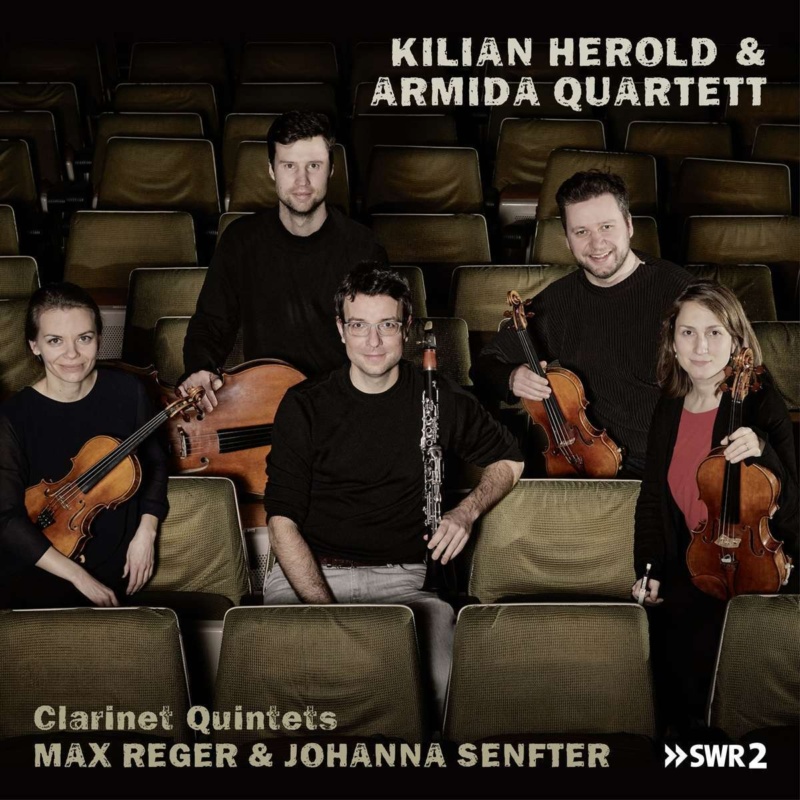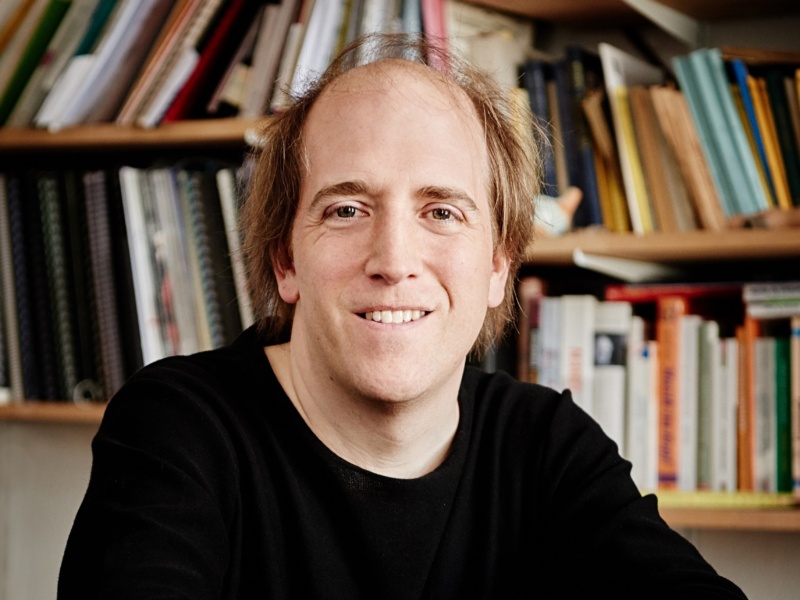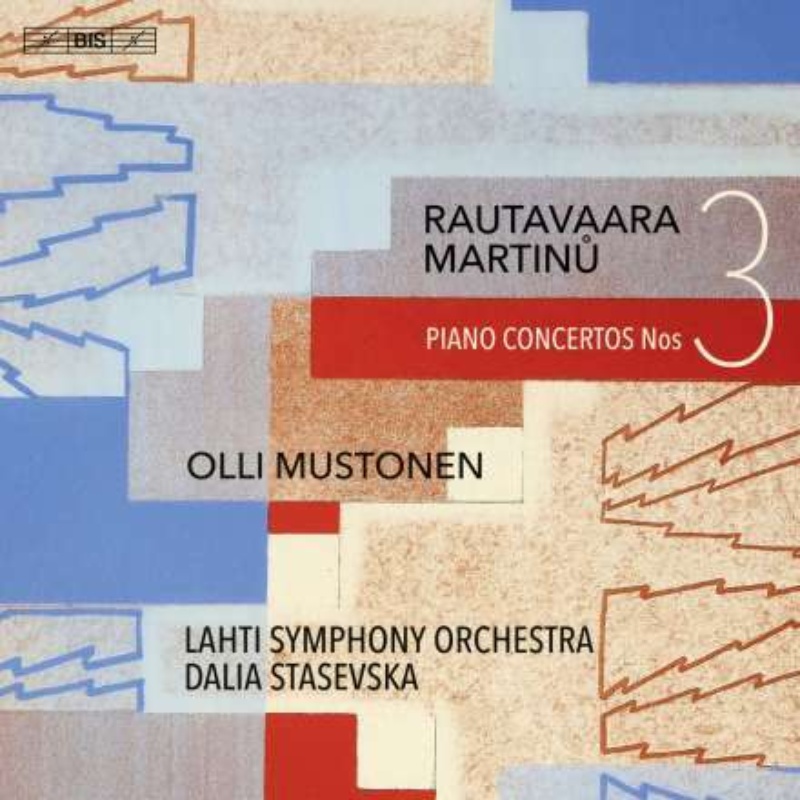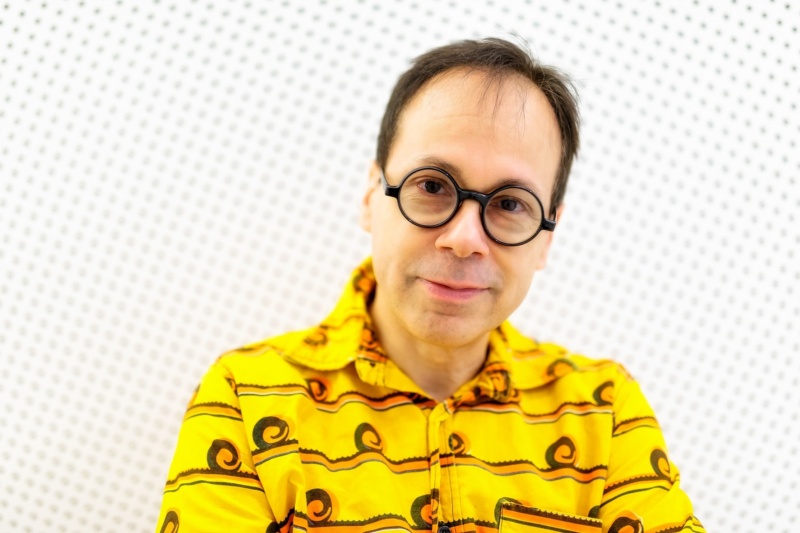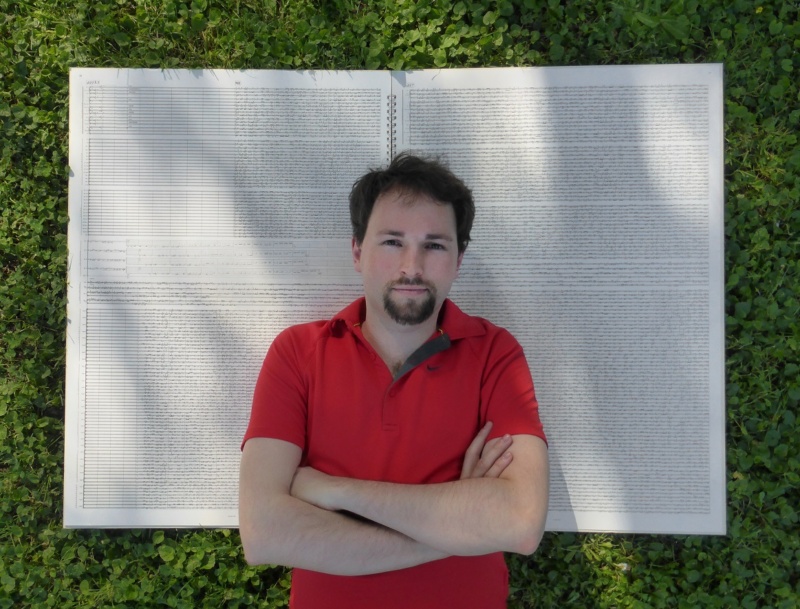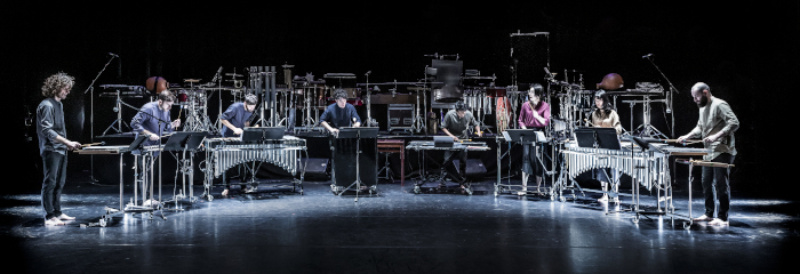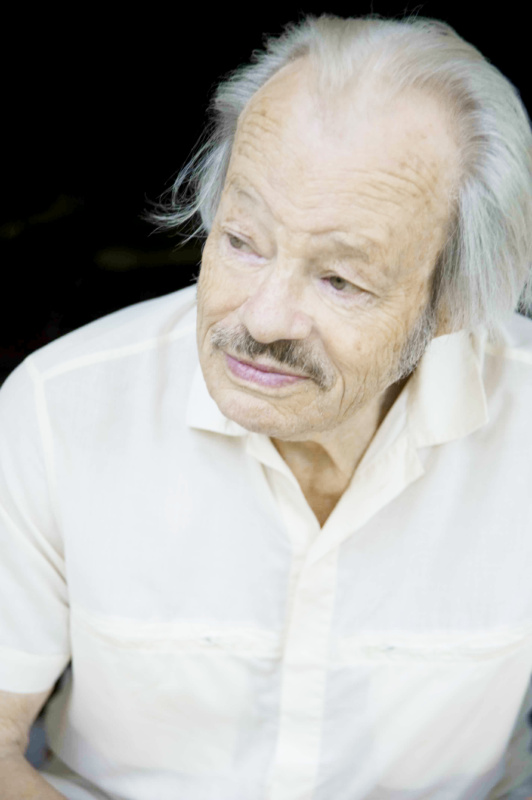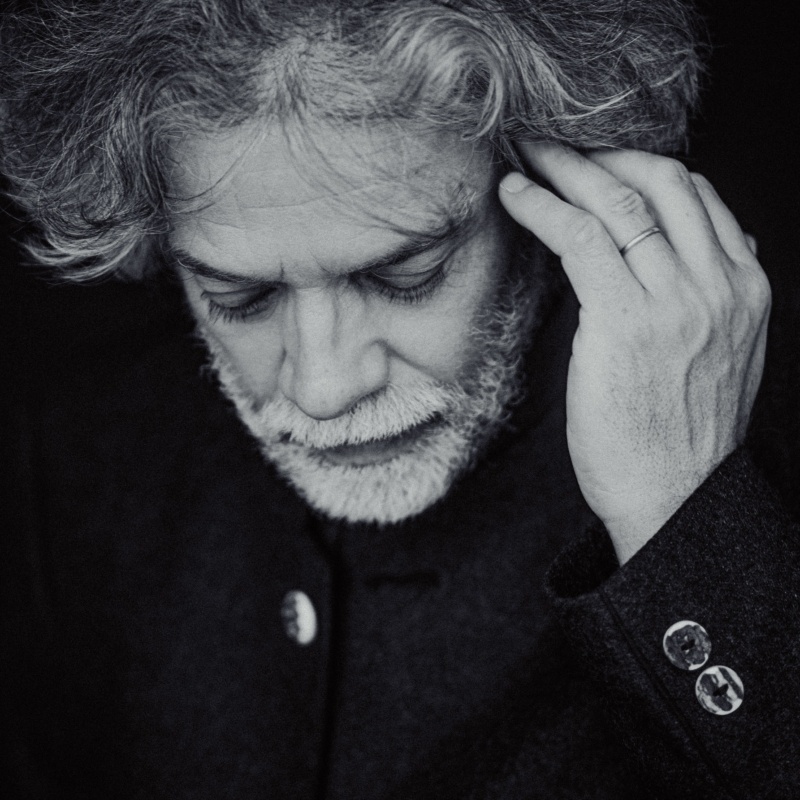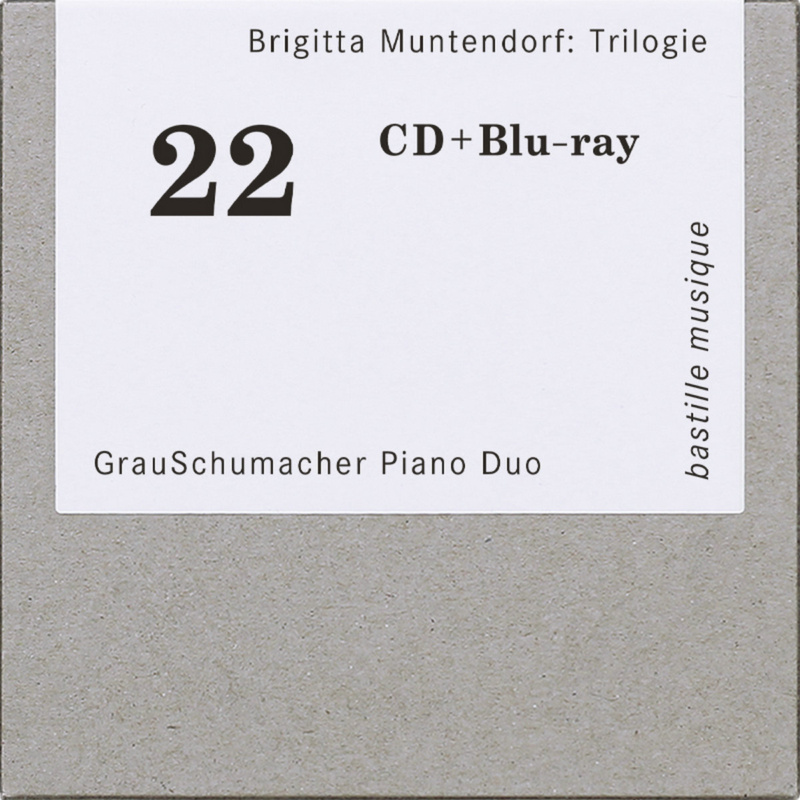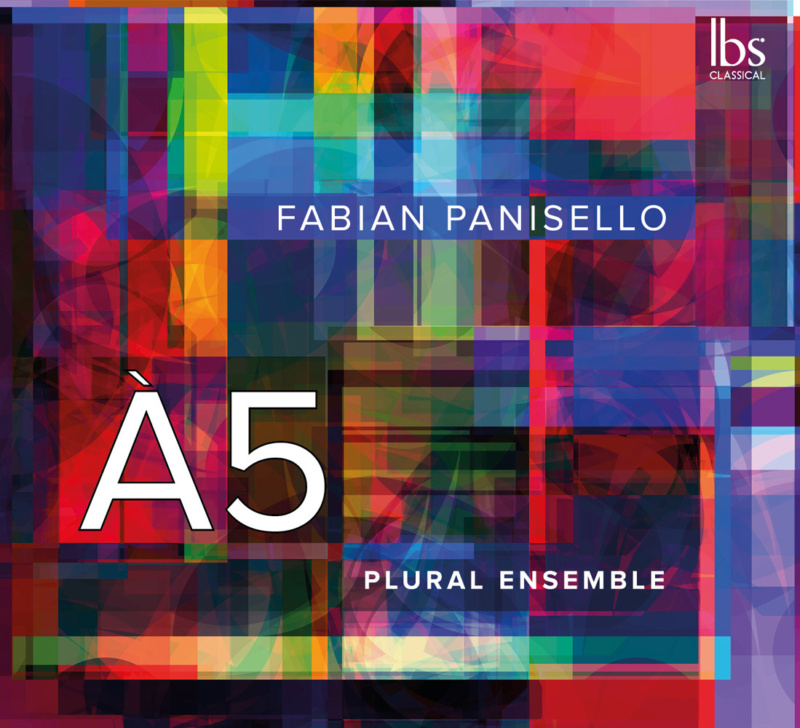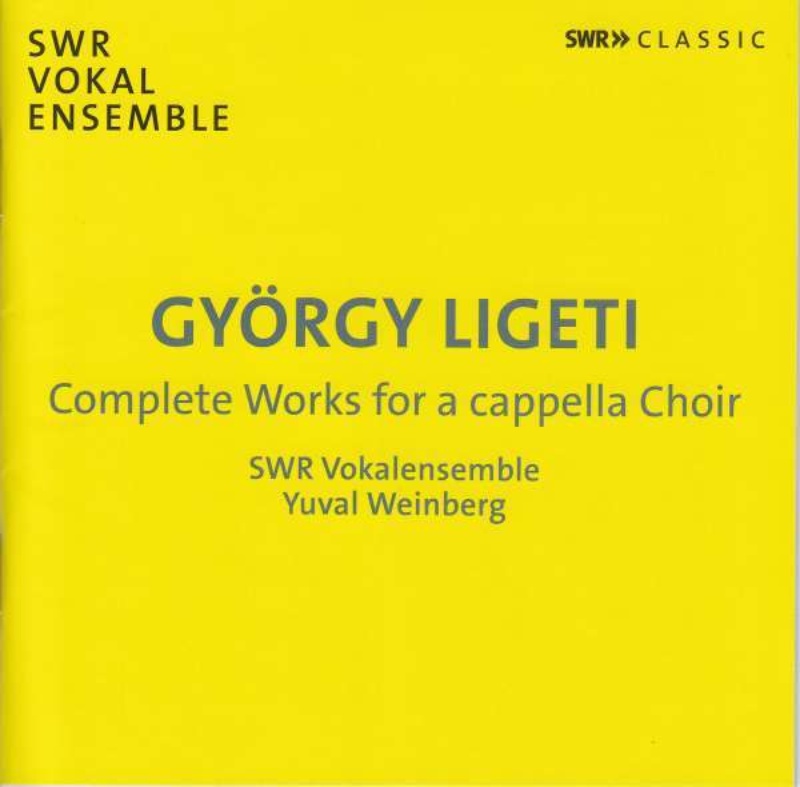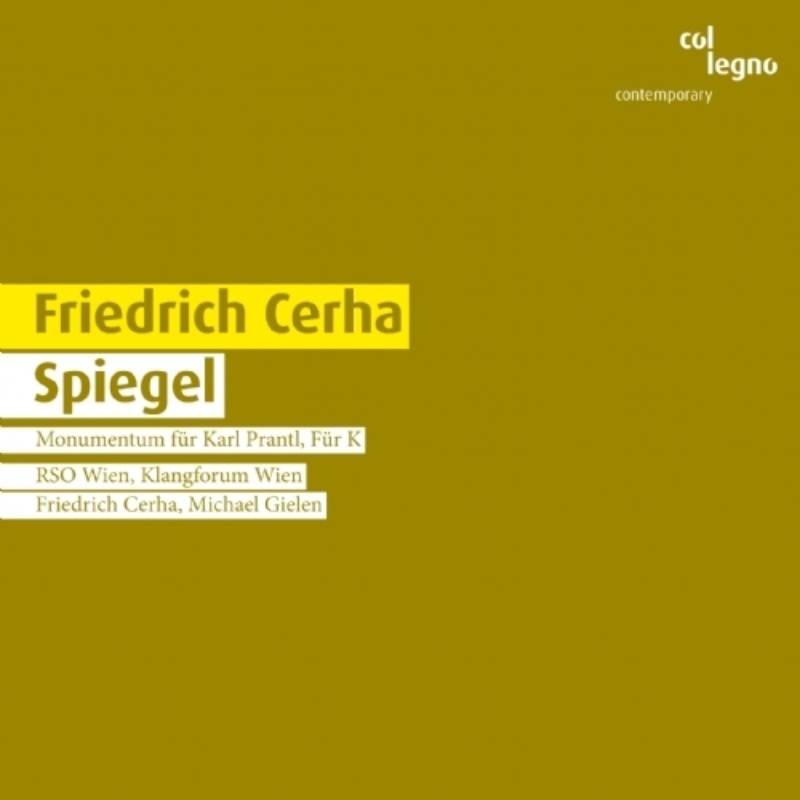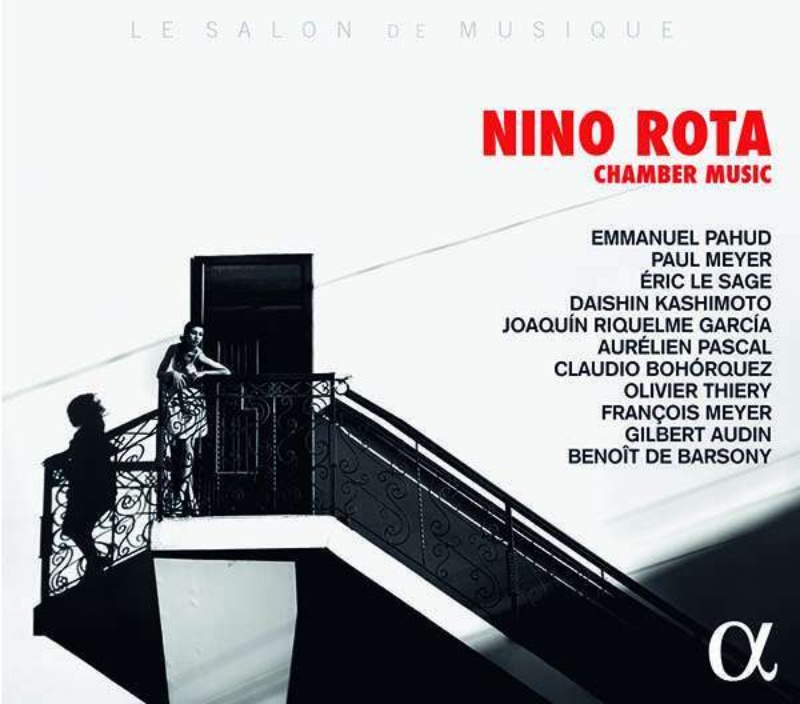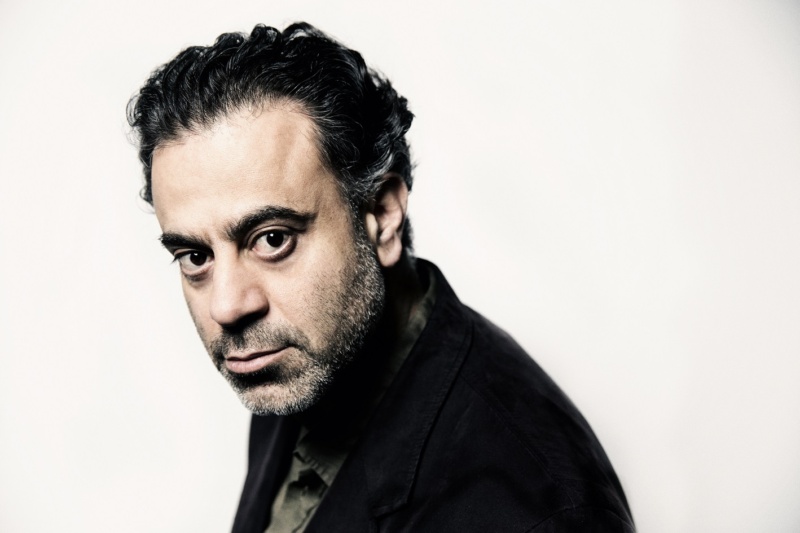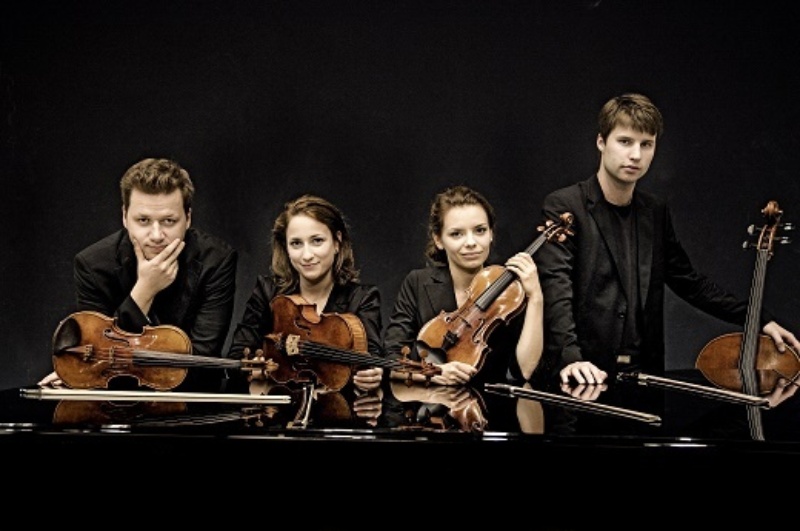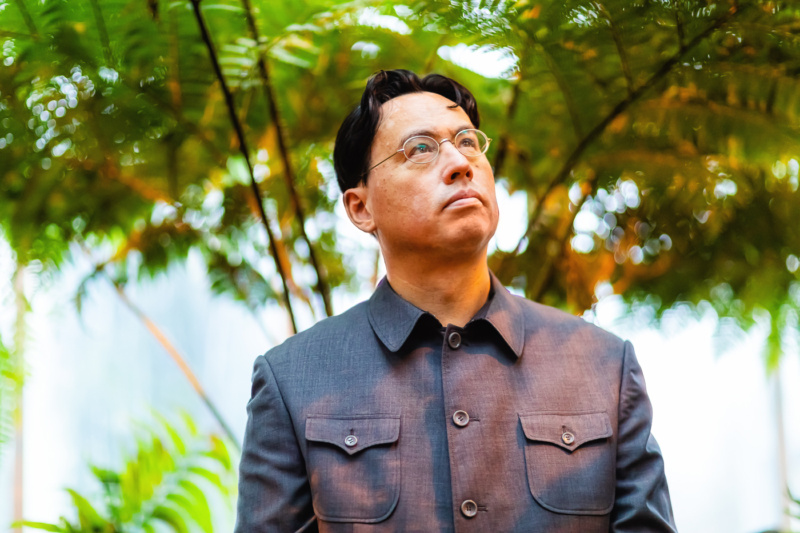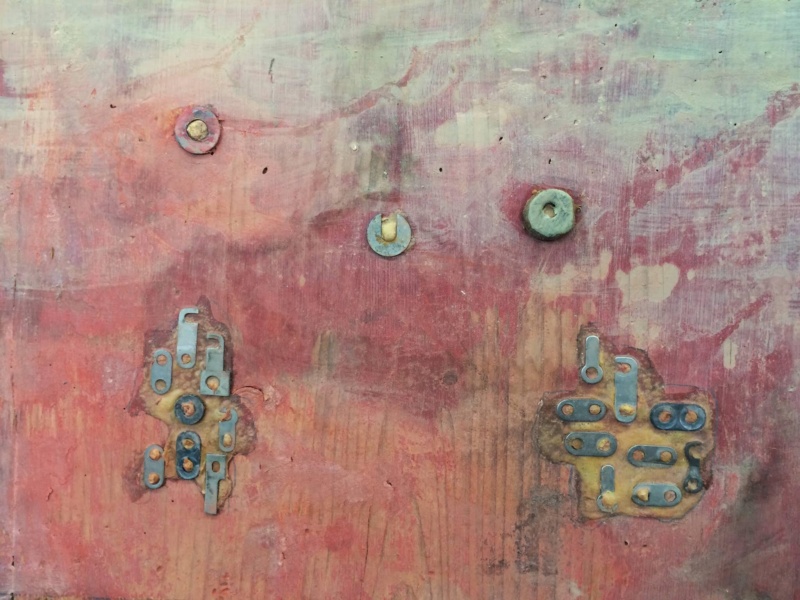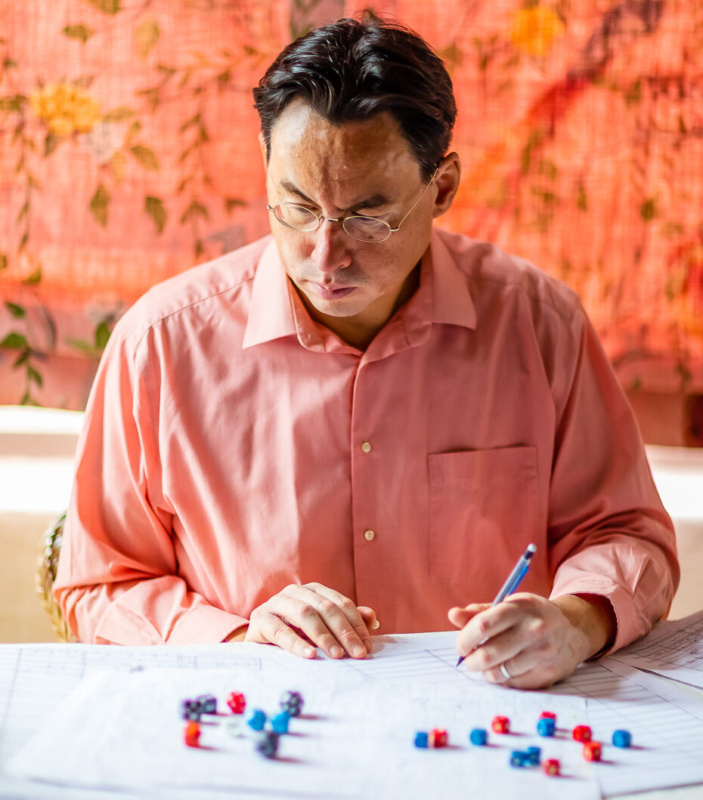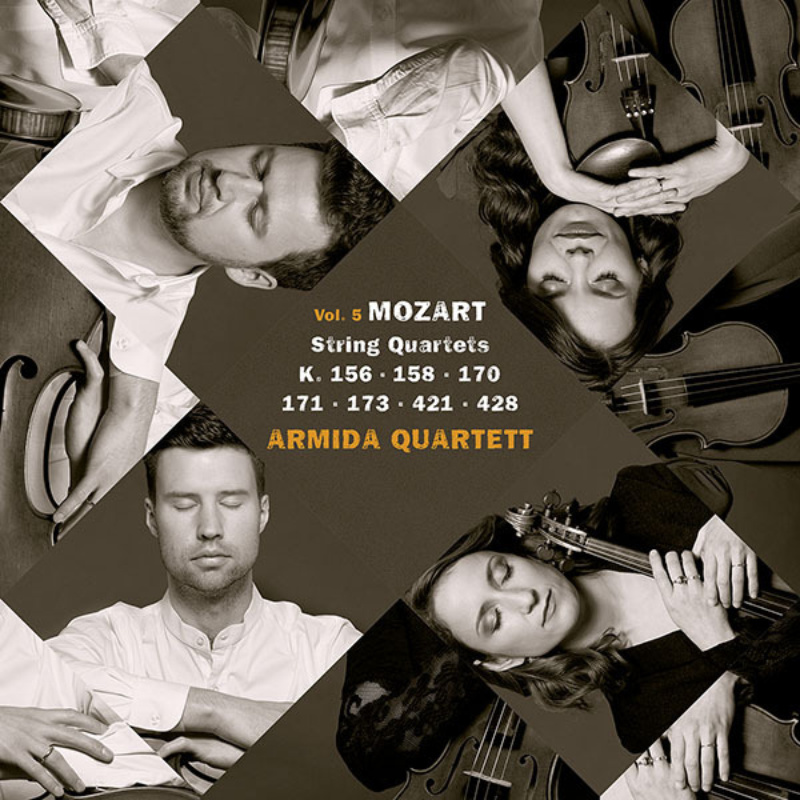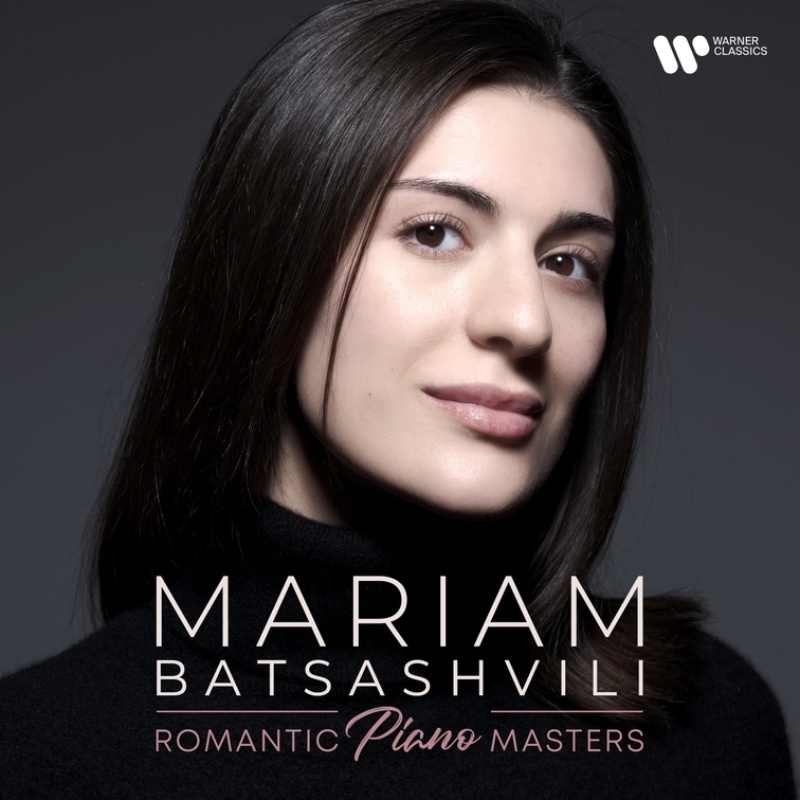After a long pause due to the current pandemic, Simon Bode has several projects dear to him lined up for the coming year. Performances in the U.S. and of the Zauberflöte at the Salzburg Festival have been rescheduled for later dates, but he is devoting himself all the more to lieder and chamber music – including at the Heidelberger Frühling and Kissinger Sommer festivals and, together with Igor Levit, with Winterreise in Frankfurt and Essen. Anticipation is definitely called for. However, like many other artists, the fact that he is not trumpeting this anticipation too loudly at present has, of course, less to do with theatre superstitions than with the reality of the Corona virus. So while we keep our fingers crossed that Schubert's wanderer will indeed be able to run off into the winter night before this season’s end and not have to remain in his abode, we take the opportunity to talk to the tenor about his own life's journey down various musical paths.
Simon Bode, in recent seasons your calendar has been rich with a variety of engagements, including the classical Mozart tenor roles and as a guest at Wigmore Hall with recital programs; you thrilled audiences with Vaughan Williams in Berlin's Boulez Hall, and you travelled to the Los Angeles Philharmonic for Weill's Sieben Todsünden and Hindemith's Mörder der Frauen; at the Elbphilharmonie you sang Freddy in My Fair Lady under the direction of Alan Gilbert, and you were slated to tour the St John Passion with Jordi Savall. The breadth of your repertoire is remarkable.
True, there's everything from early music to world premieres. I have always looked for repertoire that suits my voice and me as a musician, regardless of the era or style in which it was written. The fact that I have so many concert and chamber music engagements alongside opera is perhaps because my first instruments were the violin and piano. I used to play a lot of chamber music in a wide variety of constellations as a result. As a singer, unfortunately, there are fewer opportunities in this respect, so I take every chance I get to incorporate vocal repertoire with a connection to chamber music into my concert programs. Typically, this is also repertoire that hasn’t been overplayed hundreds of times, since there isn’t an abundance of opportunities for organizers to accommodate it.
You mention the violin and piano: how did you wind up on the path to music? Am I correct that you don’t come from a family of musicians?
I don’t, but an interest in classical music was encouraged and fostered. I had violin lessons at a very early age and later piano lessons, too – it simply came with the territory. At our music-friendly school, there was a school choir with a very good music teacher who encouraged me to do something with my voice. I played the violin in an early music ensemble, and eventually they needed a singer, so I took that on as a dual role. At the same time, our school and the town's music clubs put on the musical Anatevka. I auditioned and got one of the main roles. This included free singing lessons at the music school as well – that's how it started. I was also a member of the National Youth Choir and World Youth Choir then and so singing became an increasingly important part of my life. Through a curious coincidence, I got in touch with Charlotte Lehmann, who was later my singing professor: I serenaded my grandmother at a family party and a distant relative who knew Ms. Lehmann personally dragged me to her house for an audition. Even before I graduated from high school, I travelled from Hamburg to Hanover to visit her every weekend, receiving lessons parallel to my schooling. This was financed by a scholarship from the Jürgen Ponto Foundation, which I received as a special prize at the national Jugend Musiziert competition.
It's wonderful to hear that a musical start along these lines – with state ensembles, the Jugend Musiziert competition, school and then university – works so well.
Definitely. I went through this German system and benefited a lot from it, and after graduating from high school began my studies at the University of Music and Drama in Hanover.
That's where it all started with the various musical partnerships that developed?
At that time, a very free spirit prevailed at the Hanover University of Music and Drama, which fostered interdisciplinary collaborations and interests. It was also the time of the piano department’s great heights: many of today's leading pianists of my generation studied in Hanover back then. This is how my collaboration with Igor Levit and Francesco Piemontesi began, among others. Or with Igor even much earlier at Jugend Musiziert and through the support of the Deutsche Stiftung Musikleben and the Jürgen Ponto Foundation. They got us professional gigs fairly early on and sent us on tours together. These experiences forged a bond between us.
Looking at your current musical collaborators, there's your peer group who’s about your age, but also musicians from another generation, such as Ulrich Eisenlohr and Graham Johnson.
I met Graham at the International Schubert Competition in Dortmund as he was on the jury. The day after the award ceremony, he wrote me asking if I could imagine taking part, relatively spontaneously, in his complete recording of the Brahms lieder for Hyperion Records. I hadn't sung much Brahms up to that point. But I had faith in the opportunity and within six weeks learned a completely new repertoire. I also met Ulrich Eisenlohr when finishing my studies and we still work together to this day, at present on a complete recording of the Schumann lieder for Naxos International. Looking back I have to say that, not speaking just for myself personally, I think it's fantastic that people of such high calibre seek out and promote young talent. At the time, they didn't ask me “What have you done so far?” but rather "What makes you tick musically?”, “What do you want to express?”, and “Where do you want to go?” and then supported me. Of course, it's a great gift to be able to work with such top-class musicians and to learn and profit from their immense experience. I was lucky in that I had people from my own generation with whom I could go down this path, but just as much so people from the generation before mine who showed me the way.
How do you view or hear your early interpretations today?
When starting out, you often think: this is precisely the only way I
can do it – and, best-case scenario, you find a version you totally
believe in. A few years later, you might listen to it and think: that’s
nice, but I can do it another way. It’s just a process. I still think
it's nice, however, that I approached things so innocently and
ingenuously – vocally, even – and I try to preserve that quality.
You say you very much seek out chamber music but then there’s also a lot of opera on the agenda.
Here I had the tremendous good fortune of having already sung my first roles at the Hanover State Opera by the time I was in my early 20s. It was of course a great luxury to be able to gain this practical experience while at the same time studying. In 2010, I finished my diploma a year early because I became a member of the International Opera Studio at the Frankfurt Opera. This was followed by four more years as a soloist in the ensemble playing many of the major roles for my Fach, my voice type. Following that I was actually rather well positioned to have begun working a freelance opera singer, and gladly, but then an offer came from Hanover that was, as they say, too good to refuse. First off because the roles were fantastic but also because I thought it would be nice to close the circle. Back then, age 20, I was allowed to sing the Priest in my very first role on the big stage of a very old Hanover production of The Zauberflöte; a few years later, still during my studies, a new production came along, by which time I was already Priest plus an Armoured Man. I also did this double role in Salzburg. And in the current new production in Hanover, I was Tamino. So I was able to work my way once through the piece, which was a good development.
For the past several years you've also been singing quite a bit at Wigmore Hall. How did this special relationship come about?
John Gilhooly is, after all, primus inter pares if you will among concert hall directors; there's basically no song or chamber music program like his anywhere in the world. The audition came about through a recommendation from Igor Levit. John liked it, and then I started doing Sunday afternoon recitals there, which they have you do to see if you deliver. Eventually the first evening recital came along and there are many various, wonderful ones to come at Wigmore Hall, which I'm very much looking forward to.
... because that's where your own musical ideas come into their own.
Exactly, because I have to have an affinity for each of the programs I do: I'm not just doing one to fill a hole, but because it’s the right time and place and I have something to say. But even more so for me, it's definitely also about collaborating with the right people, whom you're on the same wavelength with and can understand in few words. If I can develop my work with these two thoughts in mind, I'm already quite satisfied.
Interview: Nina Rohlfs
12/2020
Translated from the German by Kathleen Heil
